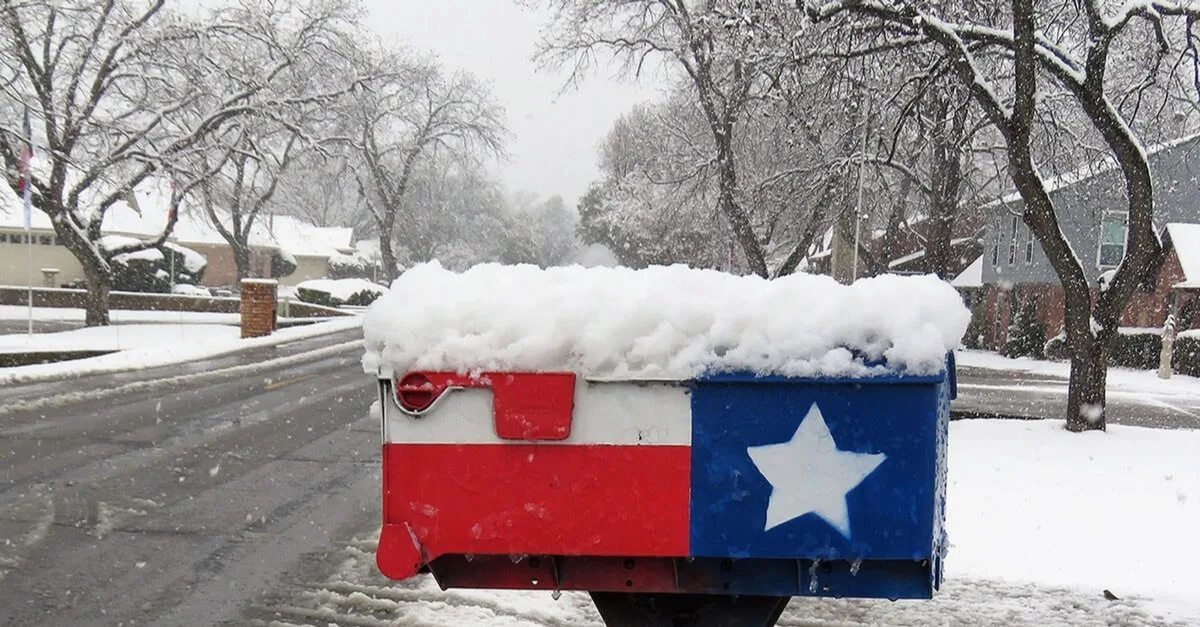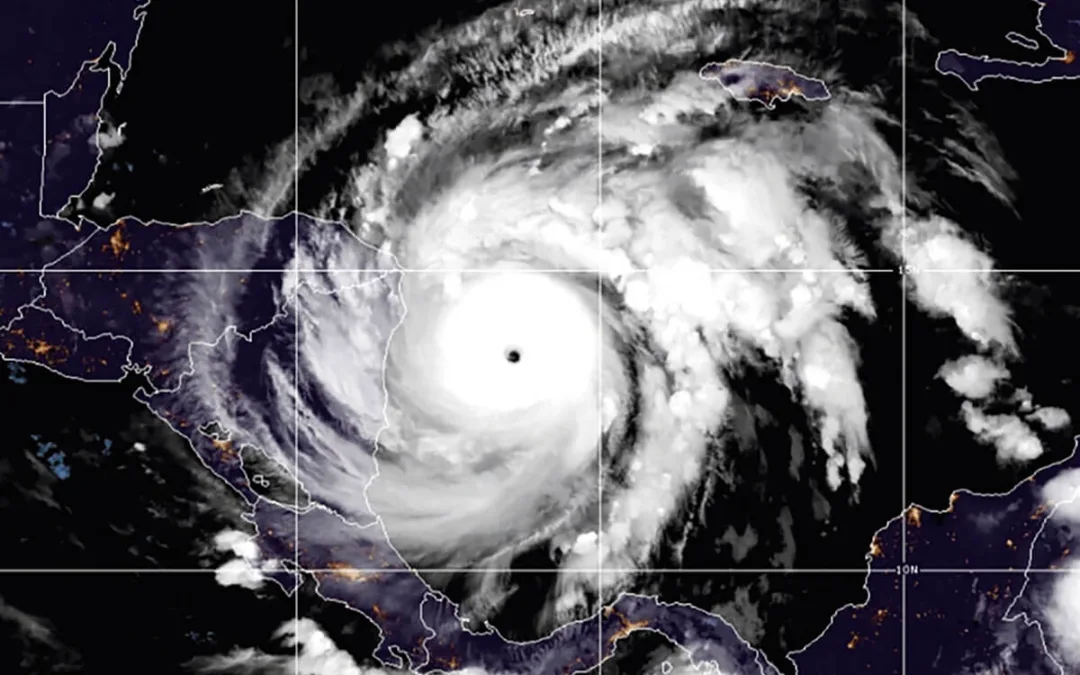
Image via Shutterstock
A study shows an increasing number of Americans care for the quality of air and water, but they say lack of action and protections is now visible in their communities.
Did you know that Earth Day was created by a Democrat Senator in Wisconsin? Today marks 50 years since the first march that took place in the U.S. More than 20 million Americans follow Sen. Gaylord Nelson and took the streets all around the country to show their concern that factories could simply drop tons of toxic waste on water streams with no legal repercussion. But, what does Sen. Nelson’s advocacy mean to the people today, especially while facing a pandemic?
A recent study by Pew Research Fact Tank shows that partisanship has a lot to do with how Americans react to climate change and the environment. While 74% of Democrats think climate change policies are beneficial for the environment, only 34% of Republicans agree with Democrats on this particular topic.
In spite of the awareness gap between Democrats and Republicans, a majority (70%) of Americans agree that the Trump administration is doing a poor job at protecting water and air quality, and some claim to start seeing firsthand how the lack of response from the government is affecting their own communities.
RELATED: Trump Administration Added Climate Denial Language to a Bunch of Scientific Reports
When it comes to alternative energy sources, the Democrats consensus includes all ages and races, unlike Republicans, where a generational gap is evident, according to the study published in October 2019. Millennial and Gen Z Republicans (52%) believe the GOP’s efforts to reduce climate change are not enough versus Republican Baby Boomers (31%). Older generations of Republicans also dismiss the importance of prioritizing on expanding fossil fuel sources (78% Younger Reps. versus 53% Older Reps.).
But when compared to Democrats in the same age groups, the numbers are considerably different. For instance, less than half of the Younger Republicans are worried about the lack of protection to water streams and air, while 84 % of their Democrat counterparts agree that Trump’s administration is doing too little to protect the water we drink and the air we breathe.
Nothing Stops Climate Advocates
Even though today’s worldwide acclaimed Earth Day’s march will have to take place virtually due to the coronavirus outbreak, activists are not staying silent.
WATCH: Activists and climate change experts around the world show up for Earth Day while in quarantine.
While partisanship is a strong deciding factor for climate change beliefs, the study also shows how “political views and level of knowledge and understanding” about environmental sciences confirm an astounding contrast between both parties.
Among Democrats, nine-in-ten (89%) surveyed with a high level of science knowledge said to believe humans contribute a “great deal” to climate change. When compared to Republicans, only 17% agreed with this statement.
Democrats with low understanding of the environment (41%) still blamed human activity for climate change versus 25% of Republicans with the same low level of understanding.
Would There Ever Be a Consensus?
While there is consensus among all Americans (six-in-ten or 62%) regardless of party affiliations that at least some local effects of climate change have been seen or felt in their communities, these figures change considerably by location.
Americans who live in California and other states on the Pacific, as well as those who live in the mountains, are most likely to have seen the effects of long periods of hot weather, and wildfire activity firsthand. 79% of those surveyed agreed with this statement, as well as with having seeing sewer weather patterns change.
Only half of fewer of the people in the South (52%) and the Midwest (40%) of the country say they see some changes in their local communities driven by climate change. The types of effects people say they experience due to climate change tend to vary across regions.
For example, among those who say they see at least some local impacts of climate change, more of those in the Pacific (83%) and Mountain (78%) regions say increasing wildfire activity is a major effect of climate change where they live. This compares with about half or fewer of those living in the South (52%), Northeast (46%) or Midwest (40%).
RELATED: What New Trump Rule Means for Vehicle Emissions (It’s Not Good)
Politics

Teamsters and UPS Reach Tentative Deal to Avoid Strike, 340,000 Workers to Get Raises
The tentative deal represents a huge win for full- and part-time UPS Teamster workers, who would get significant pay raises and better working...



One Republican Senator Is Blocking 265 Military Promotions, Leaving the Marines Without a Confirmed Leader
Sen. Tommy Tuberville's decision means these military officers are not getting the pay raises they’re owed, cannot move their families to wherever...
Local News



Teamsters and UPS Reach Tentative Deal to Avoid Strike, 340,000 Workers to Get Raises
The tentative deal represents a huge win for full- and part-time UPS Teamster workers, who would get significant pay raises and better working...



One Republican Senator Is Blocking 265 Military Promotions, Leaving the Marines Without a Confirmed Leader
Sen. Tommy Tuberville's decision means these military officers are not getting the pay raises they’re owed, cannot move their families to wherever...




